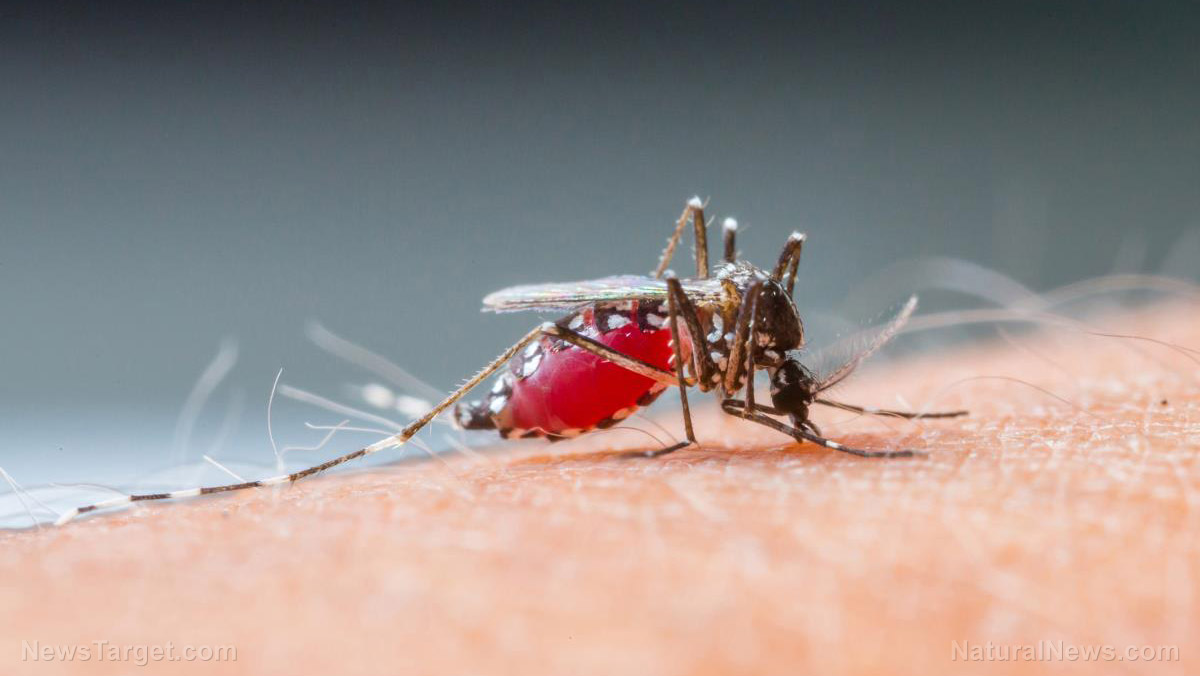Big Pharma trying to transition seasonal flu shots to mRNA vaccines as COVID-19 jab revenues slide
03/13/2024 / By Cassie B.

The many unknowns and potential for harm caused by mRNA vaccines were enough to make a lot people who don’t normally think twice about vaccines decide to forego COVID-19 vaccination, but now it appears this risky technology is making its way into seasonal flu shots.
Although this change is right around the corner, you won’t hear much about it in the news or even from doctors given the hesitation so many people felt about the COVID-19 vaccines.
However, Reuters did report last year that Moderna said its flu vaccine created a stronger immune response against multiple influenza virus strains compared to the traditional flu jabs, causing its shares to close higher.
They noted that this increased effectiveness was seen in all age groups and was “safe and tolerable, according to the company.” Of course, they also insisted their COVID-19 vaccines were safe, and we all know how that turned out.
The article adds that Moderna will likely launch their vaccine for the 2024-2025 flu season.
In fact, this focus on the mRNA flu vaccine could even be interpreted as a quiet admission on their part that there is not a very lucrative future in COVID-19 vaccines as people around the world increasingly realize that the jabs are not providing the protection they were promised and adverse effects continue to come to light.
Moderna announced that they intend to scale down manufacturing of their coronavirus jab in response to reduced demand. “Moderna said it could launch up to 15 products over the next five years, as it moves focus away from its COVID vaccine,” Reuters noted.
Current flu vaccines are typically made by growing weakened or killed flu viruses in chicken eggs, which can be a time-consuming process. Pharmaceutical companies are hoping that they will be able to develop seasonal mRNA flu vaccines more quickly, which will enable them to better match their offering with the strains that are in circulation as the virus tends to mutate quickly.
Moderna and Pfizer are currently in a race to bring mRNA technology to seasonal flu jabs that target the predominant circulating strains. Both firms are also reportedly trying to develop combined mRNA flu and COVID-19 jabs, possibly incorporating RSV protection as well. Moderna is also currently seeking approval for an mRNA injection for RSV targeting adults aged 60 and older.
While Pfizer and Moderna are both new to the flu vaccine game, they are further along in mRNA research and development than the current big names in the field, Sanofi and GSK.
Many people will be unwilling to get mRNA flu shots
There are numerous roadblocks for these mRNA vaccines that need to be overcome. Stat News notes that many people continue to be reluctant to receive mRNA jabs given their untested nature.
Moreover, many of those who did receive mRNA COVID-19 vaccines and experienced side effects will also likely be unwilling to roll up their sleeves. Although many people were fortunate enough not to experience serious adverse effects at the time of injection, some individuals experienced high fevers, aches and other flu-like symptoms that kept them in bed for a day or two afterward, which is something that many people will be unwilling to accept in a flu jab.
Cost is another factor that may end up holding Big Pharma back. With regular flu shots typically costing around $15 to $30, Pfizer and Moderna may not be able to command the types of prices they were able to get out of governments during the pandemic for mRNA COVID-19 vaccines. Experts believe they will need to show a significantly greater benefit than traditional flu shots if they want to charge high prices, which could cause them to abandon their efforts altogether.
Sources for this article include:
Submit a correction >>
Tagged Under:
Big Pharma, biotech, conspiracy, Flu shots, genetic lunacy, infections, influenza, insanity, medical extremism, Moderna, mRNA vaccines, pandemic, Pfizer, pharmaceutical fraud, science deception, science fraud, seasonal flu, toxins, vaccine wars, vaccines
This article may contain statements that reflect the opinion of the author
RECENT NEWS & ARTICLES
COPYRIGHT © 2017 GENETIC LUNACY




















